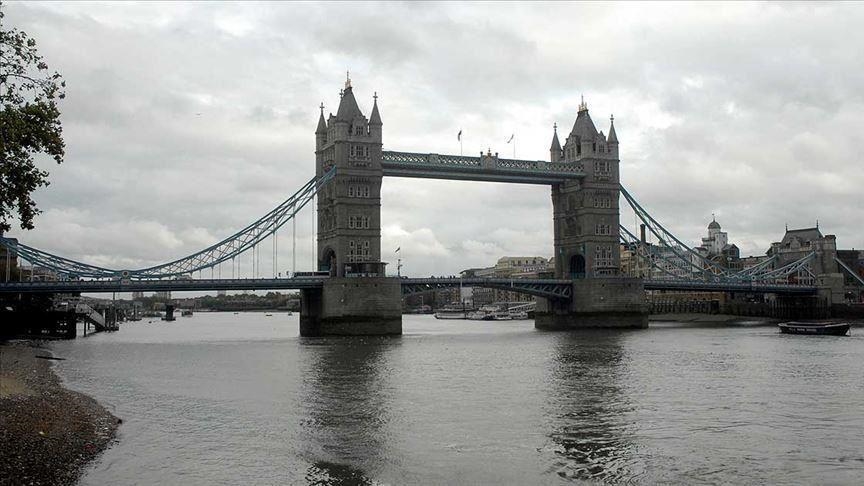The British government on Wednesday unveiled “a budget for growth,” with Chancellor Jeremy Hunt outlining the government’s plans to boost business investment, raise defense spending, and extend energy bill support.
“It is not just the growth that comes when you emerge from a downturn, but long-term, sustainable, healthy growth that pays for our NHS (National Health Service) and schools, finds jobs for young people and provides a safety net for older people, all whilst making our country one of the most prosperous in the world,” Hunt said in an address to the House of Commons.
“I deliver that today by removing obstacles that stop businesses investing, by tackling labor shortages that stop them recruiting, by breaking down barriers that stop people working, and by harnessing British ingenuity to make us a science and technology superpower,” he added.
Sharing official data, Hunt said the government was on track to halve inflation, keep debt under control, and expand the economy.
“Inflation destroys the value of hard-earned pay, deters investment, and foments industrial strife,” he said, emphasizing the government’s support to the Bank of England as it takes action to return inflation to the 2% target.
Annual inflation in the UK fell to 10.1% in January from 10.5% in December, below market forecasts of 10.3%.
Hunt also said inflation was the root cause of ongoing massive strikes that have been going on in recent months in the country, vowing to work to settle those disputes, but only in a way that does not fuel inflation.
“Despite continuing global instability, the independent Office for Budget Responsibility (OBR) report today that inflation in the UK will fall from 10.7% in the final quarter of last year to 2.9% by the end of 2023,” he underlined.
He also said the government support for households’ energy bills would be extended until the end of June.
“I recognize that even though wholesale energy prices have been falling, there is still enormous pressure on family finances. Some people remain in real distress and we should always stand ready to help when we can,” he added.
Citing data by the OBR, Hunt said the economy was expected to narrow by 0.2% and would not enter a recession this year.
He also noted that the national debt was expected to reach 92.4% of GDP next year.
Defense spending will go up £11 billion ($13.2 billion) over the next five years, he also said.
“It will be nearly 2.25% of GDP by 2025. We were the first large European country to commit to 2% of GDP for defense. And we will now raise that 2.25% as soon as fiscal and economic circumstances allow,” he added.
Hunt also said the government sought to position the UK as having one of the most pro-business, pro-enterprise tax regimes in the world.
He also pointed to a recent decision to classify nuclear power as “environmentally sustainable,” vowing that the launch of a new body, Great British Nuclear, to facilitate the sector would bring down costs.
Hunt also announced 12 new investment zones, which he said would be the “new Canary Wharfs” of the UK,” referring to a major business district in Greater London.
“They will be in the West Midlands, Greater Manchester, the northeast, South Yorkshire, West Yorkshire, East Midlands, Teesside, and Liverpool. There will also be at least one in Scotland, Wales, and Northern Ireland,” he said.
Hunt also announced that the corporate tax would be increased from 19% to 25%.
The Budget statement is a key event in the UK government’s fiscal calendar and typically takes place once a year, usually in March or November.
The chancellor of the exchequer is responsible for presenting the budget to parliament, outlining the government’s plans for taxation, public spending, and borrowing.




















































Be First to Comment